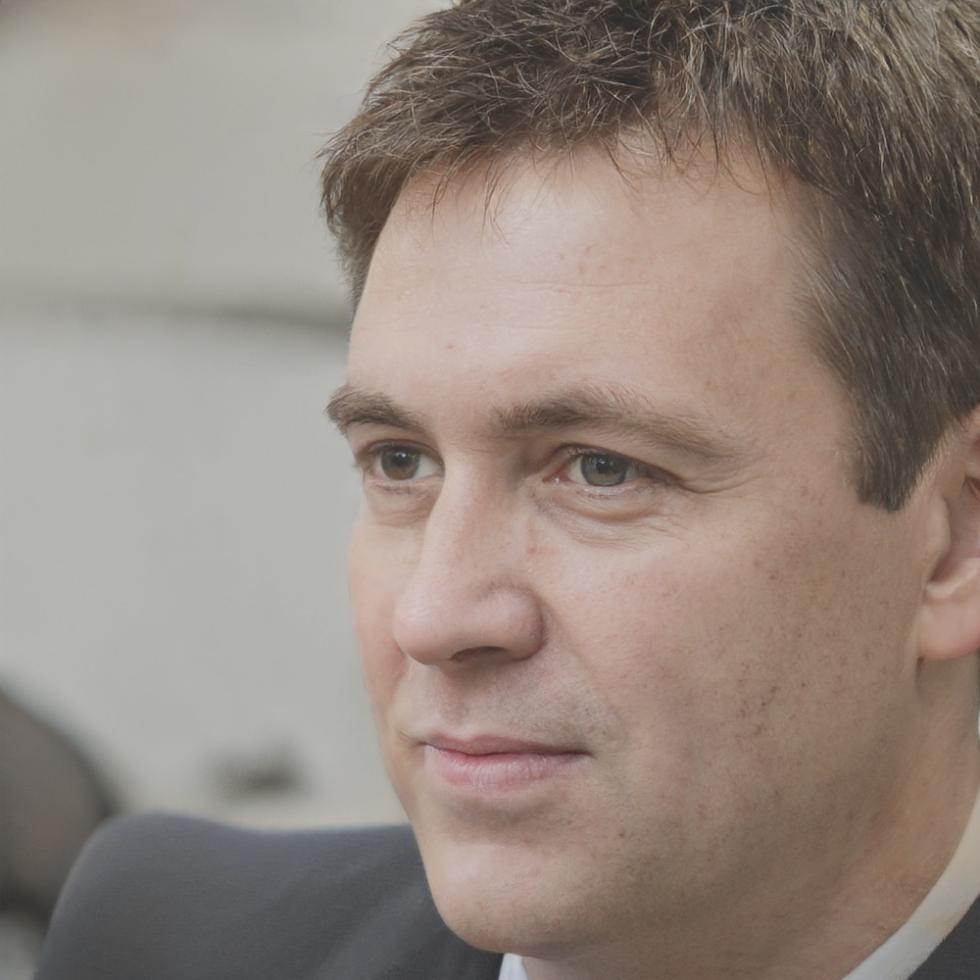Ready to Talk About Money?
Budget presentations aren't just about numbers on slides. They're conversations about priorities, trade-offs, and the future direction of your organization. And like any important conversation, preparation matters.
Most people who struggle with budget presentations aren't bad at math or lacking data. They're just not sure where to start. Should you focus on last year's performance? Future projections? Risk scenarios?
We've worked with finance teams across Thailand since 2021, and we've noticed something interesting. The people who feel most confident going into budget discussions usually aren't the ones with the fanciest models. They're the ones who took time to understand their audience first.
Explore Learning Options
Three Questions Worth Asking First
Before diving into templates or frameworks, let's figure out what you actually need. Your situation shapes everything else.
Who's Your Audience?
Presenting to executives who want the big picture? Or department heads who need operational details? The same budget tells different stories depending on who's listening. We can help you identify what matters to each group.
What's the Context?
Annual planning cycles feel different from mid-year adjustments or emergency reallocations. The timeframe and stakes change how you should structure your presentation. Some situations need more context than others.
What's Your Experience Level?
First time presenting a departmental budget? Or have you done this before but want to improve specific aspects? Your starting point determines which skills to develop first. There's no shame in being new to this.

Roland Chen
Former CFO turned educator. Spent 12 years presenting budgets to boards, investors, and skeptical department heads. Now helps others avoid the mistakes he made early on.
How We Approach This
Start With Scenarios, Not Templates
We work through real situations you might face. Like explaining why marketing costs increased 18% when revenue only grew 12%. Or defending a capital expenditure when everyone's focused on operational efficiency. Templates come later.
Practice the Difficult Conversations
Someone will ask why you allocated resources this way instead of that way. We rehearse these moments. Not with scripted answers, but by developing a framework for thinking through trade-offs on your feet.
Build Your Personal Approach
Budget presentations work better when they sound like you. We help you find language and structures that match how you naturally explain things. Some people love data visualizations. Others prefer narrative. Both can work.
Test With Feedback Loops
You'll present draft budgets to peers and instructors who ask the annoying questions. The ones you hope nobody thinks of. Better to stumble in practice than in the actual meeting with stakeholders.
Different Starting Points, Different Paths
Two people with similar job titles might need completely different preparation. Here's what that looks like in practice.

Nina's Situation
Works in operations for a manufacturing company. Been analyzing budgets for three years but never presented one. Good with Excel, uncomfortable speaking to groups larger than five people.
She needed to work on structuring verbal explanations and handling interruptions during presentations. The numbers part? She already had that covered.
Different Challenge Entirely
Then there's the finance manager who's been presenting budgets for years but keeps getting pushback from department heads. Confident speaker, solid analysis. But somehow the conversations always turned confrontational.
His issue wasn't presentation skills. It was framing. He focused on constraints and limitations. Stakeholders heard "no" even when he wasn't saying it.